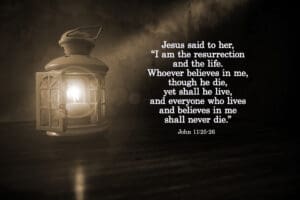
Justification by Faith
Justification before God is not the gradual removal of sins through reform, but the immediate reception of eternal life through faith in Jesus Christ. Many accept biblical facts about Jesus yet miss His promise: the one who believes in Him has everlasting life. This post clarifies saving faith as simple belief in the Giver and the gift, explains why the gospel’s focus is eternal life, and shows how faith alone—apart from works—secures the believer’s destiny based on Christ’s promise, not personal performance.








